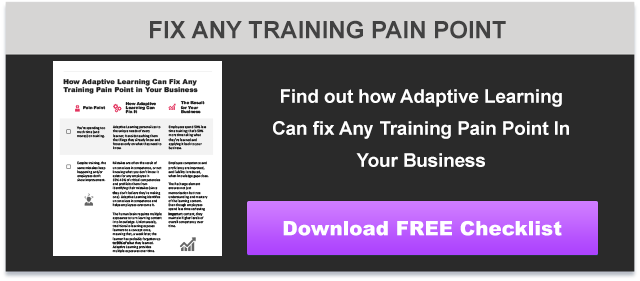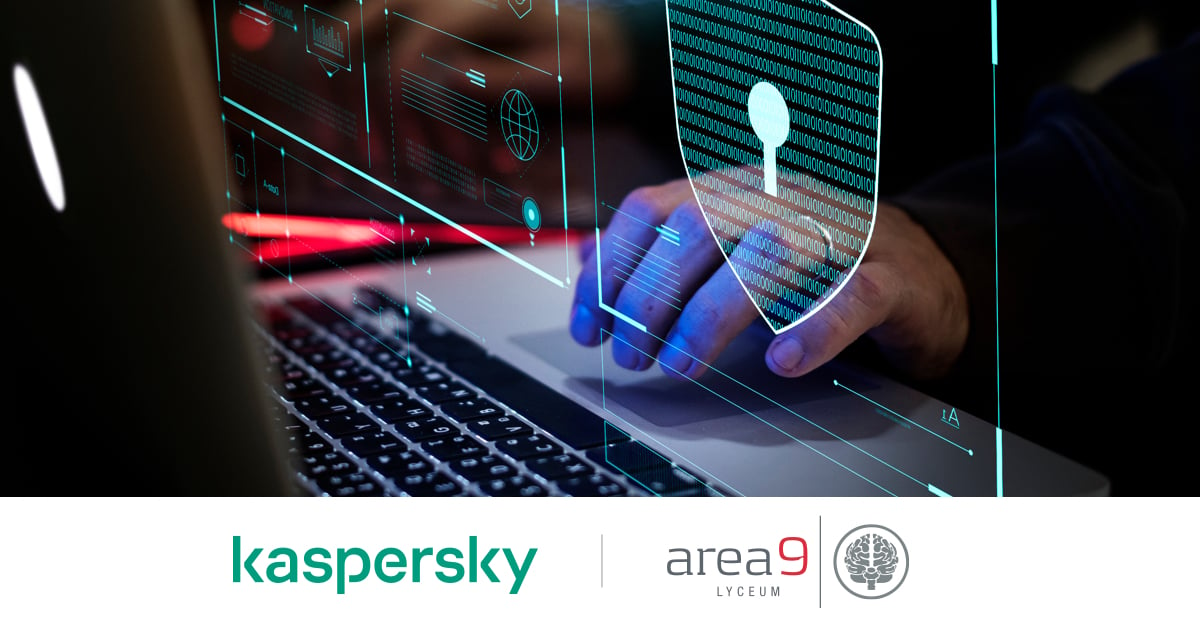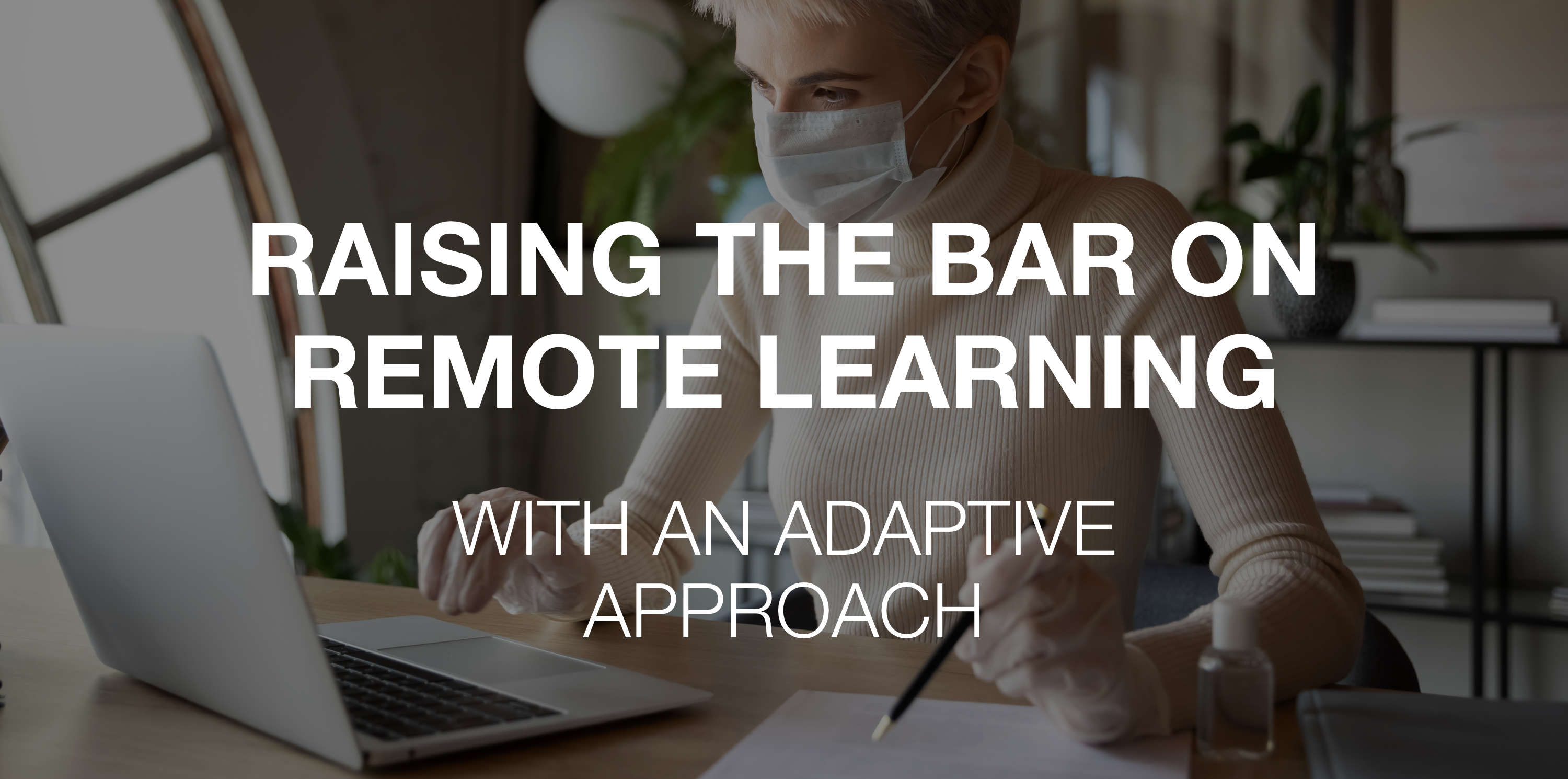As with the previous 3 industrial revolutions, when the 4th industrial revolution arrives it will bring with it rapid technological change. More specifically, the 4th industrial revolution will be the automation revolution, characterized by an increase in robotic and automated technology in all sectors of life. It therefore goes without saying that the implications of these changes will be far reaching and will affect every sphere, including employment.
With respect to employment and businesses, according to the McKinsey Global Institute, the projections are clear: the 4th industrial revolution will cause major disruptions.
Employers who can implement proactive changes now to boost employee training for the 4th industrial revolution will have a better chance of remaining competitive in the long run.
Here’s How Companies Can Provide Proactive Training for the 4th Industrial Revolution
The fact that much effort has already been spent in identifying the problem and in sounding a clarion call for pre-emptive action means that no one need be unprepared.
One of the “solution spaces” that the McKinsey Report asks stakeholders to consider is “[a] role for the private sector to drive training.” Specifically, the writers note that businesses “could face gaps in skills they need in a more technology-enabled workplace, and would benefit from playing a more active role in education and training” (p.4).
Thinking in terms of re-training to close the skills gap is a viable choice because:
- Searching for and hiring new talent will be risky and potentially more expensive in the long run, as in-demand skills are expected to rapidly evolve to meet the needs of an increasingly automated world: as soon as you hire someone new, chances are, other hiring criteria will become pressing to stay on top of technological innovations.
- Investing in and providing re-training options for existing employees will likely inspire employee loyalty and, for those motivated to go the extra mile, will provide opportunities for lateral and vertical movement within their companies.
- Ultimately, re-training options will allow companies to get ahead of the coming skills gap to prevent, or at least minimize, disruptions in workflows.
Adaptive Learning can help companies implement proactive training solutions that would serve them well in the coming age of automation in order to re-train employees. Such re-training will ensure employee skills are always up-to-date and relevant to the exigencies of the future workspace.
Adaptive Learning is particularly well-suited to providing proactive training options for the 4th industrial revolution because of:
- Personalization: each employee will have a personalized curriculum that caters to their specific needs and attends to particular gaps in knowledge that will need to be bridged.
- Unconscious incompetence: in a world of rapidly evolving technology, safety and compliance will be more important than ever. Adaptive Learning can uncover and eliminate unconscious incompetence — what employees don’t know they don’t know — in order to target even invisible knowledge gaps to promote the highest standards of workplace safety.
- Learner mastery: in conjunction with its personalized curriculum, Adaptive Learning relies on the Recharge Function: strategically repeated exposures to learning materials in different ways to ensure permanent learning. In this way, learners are brought to mastery faster — up to 50% faster than traditional corporate training approaches — allowing them to put their skills to use in as little time as possible.
- Adaptive Learning works with your existing LMS: Employers don’t have to start from scratch; they can continue to use their existing LMS while benefiting from the Adaptive Learning approach.
- Data: Adaptive Learning provides individual, group and company-wide data to allow employers to always keep track of employee progress in relation to company needs.
Adaptive Learning will benefit employees by continuously updating their skills so that they remain competitive in a rapidly changing workplace. But it also benefits employers, who will have a more stable staff able to rise to the challenges of rapid technological innovation.
Such companies that take a more proactive approach to training ahead of the 4th industrial revolution will ultimately be more competitive than those who are unprepared.
Contact us today to learn more about how Adaptive Learning can provide training solutions now, and in the future.









